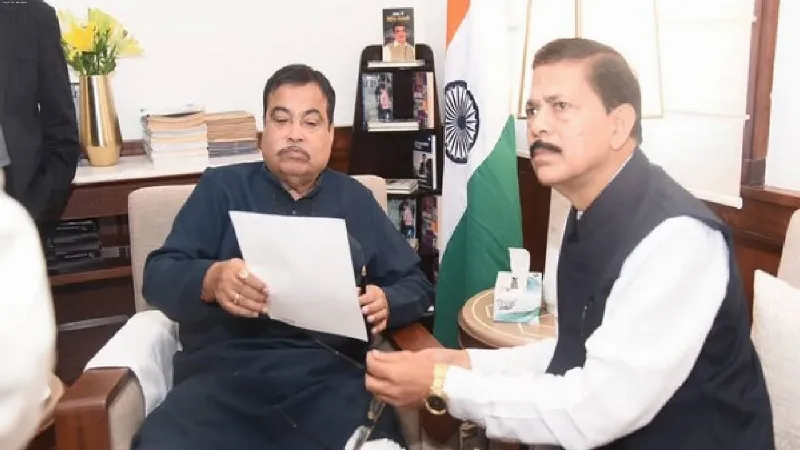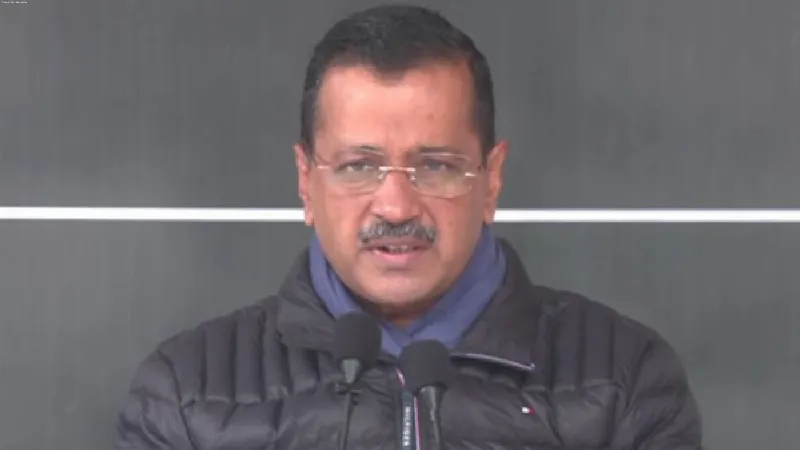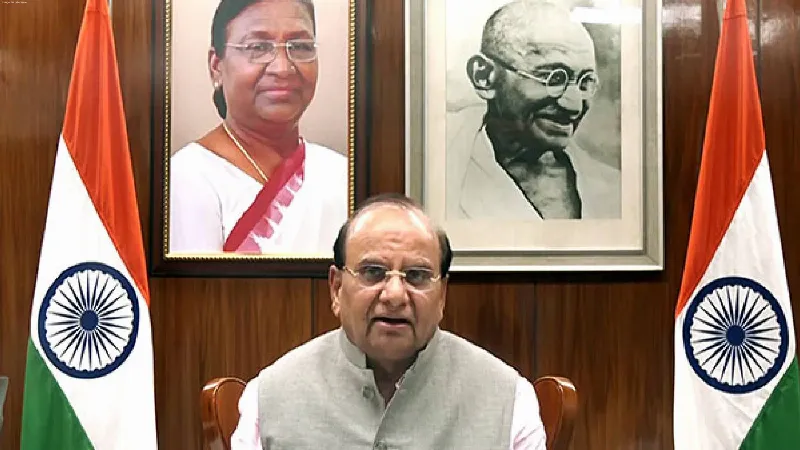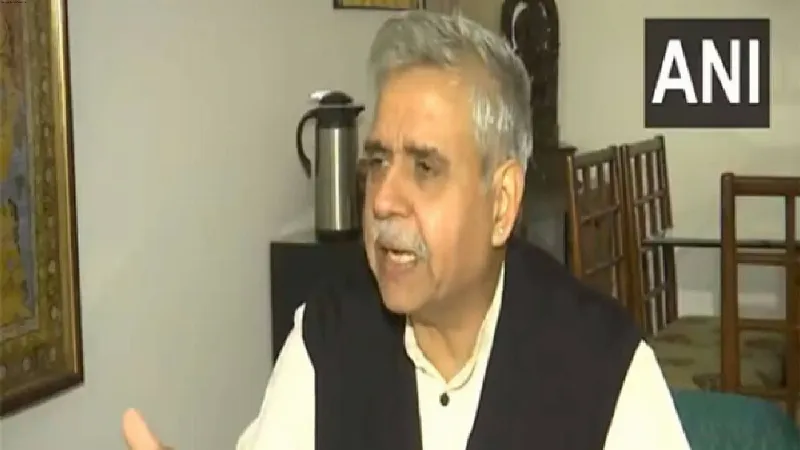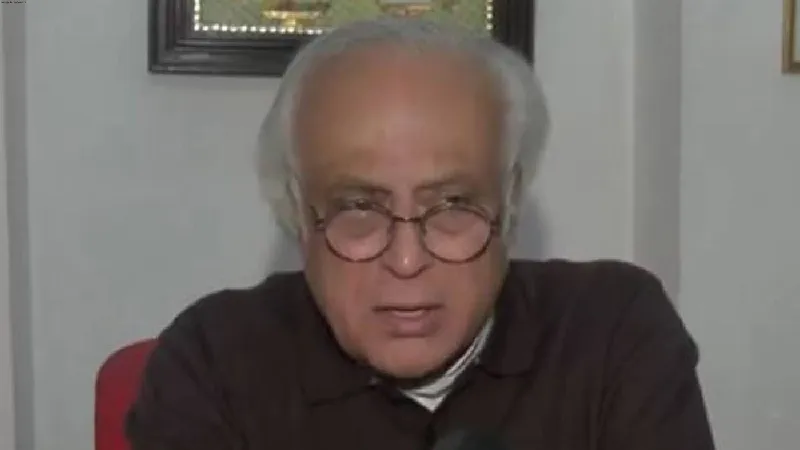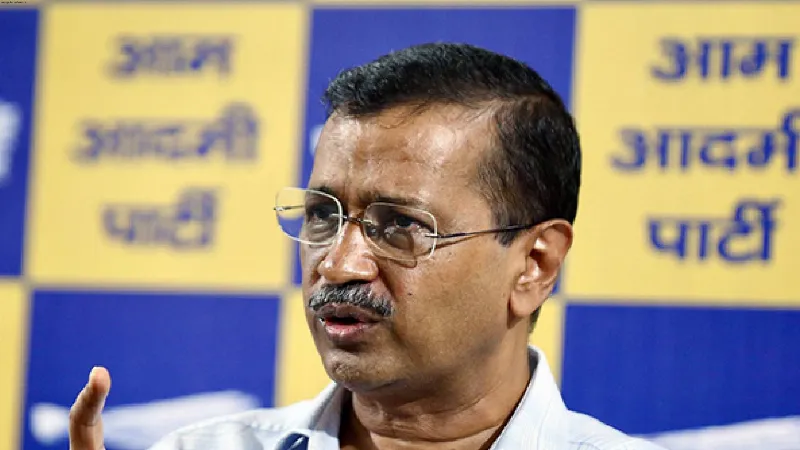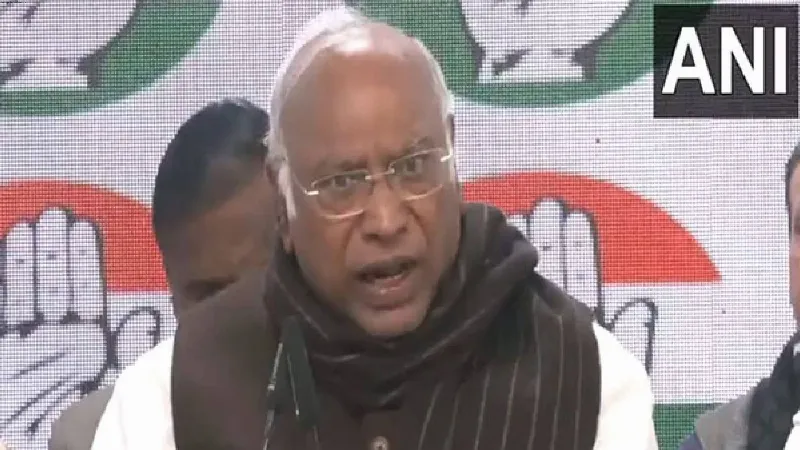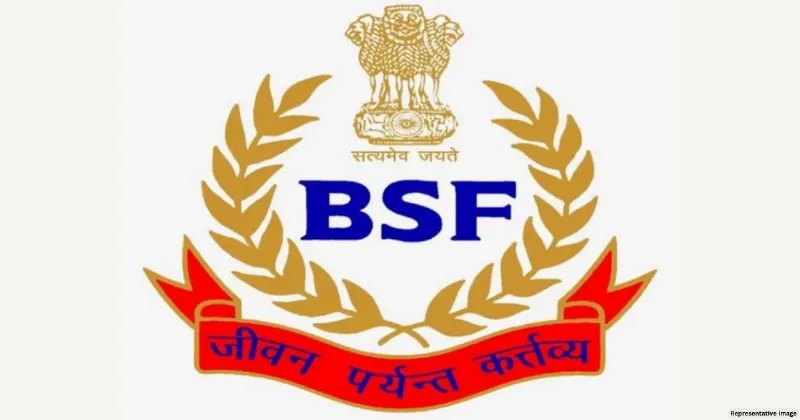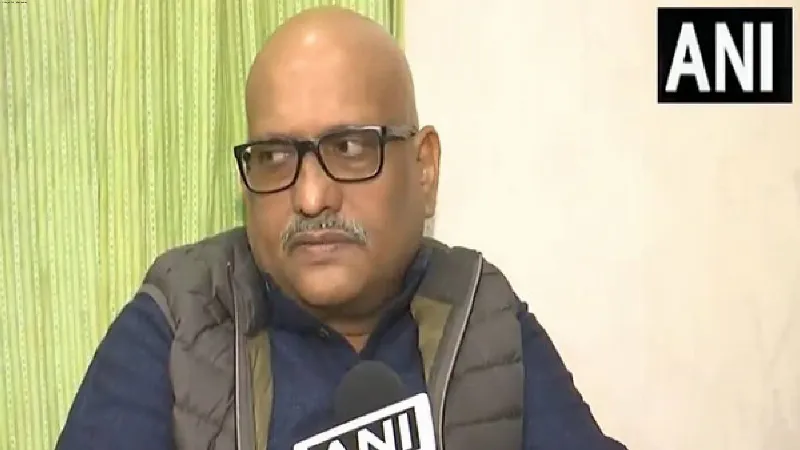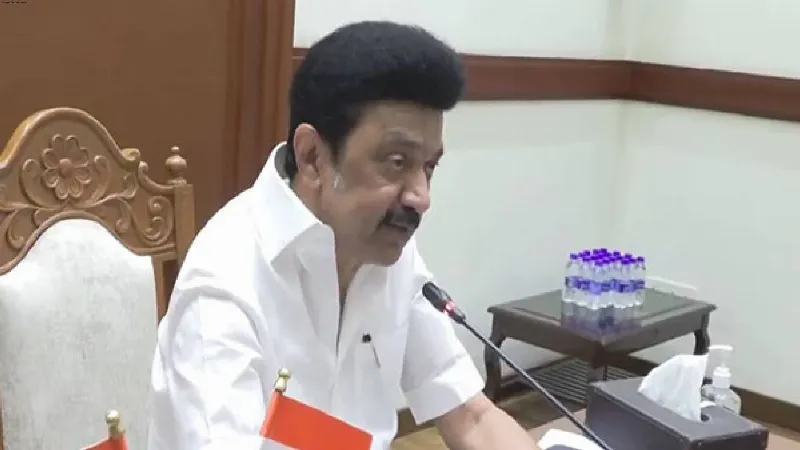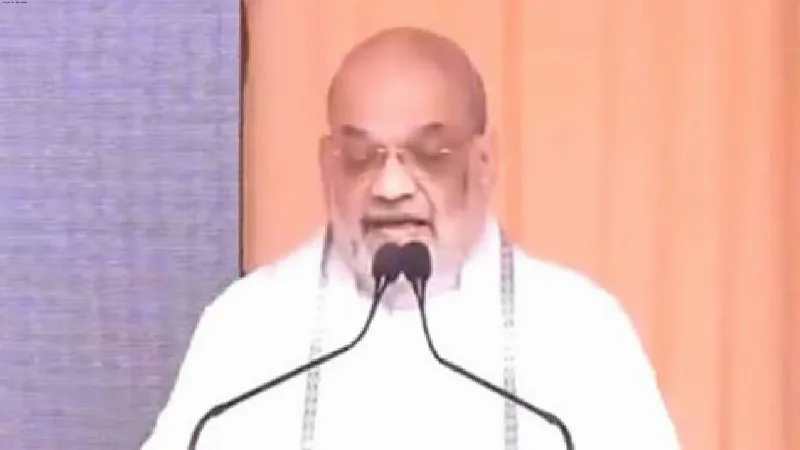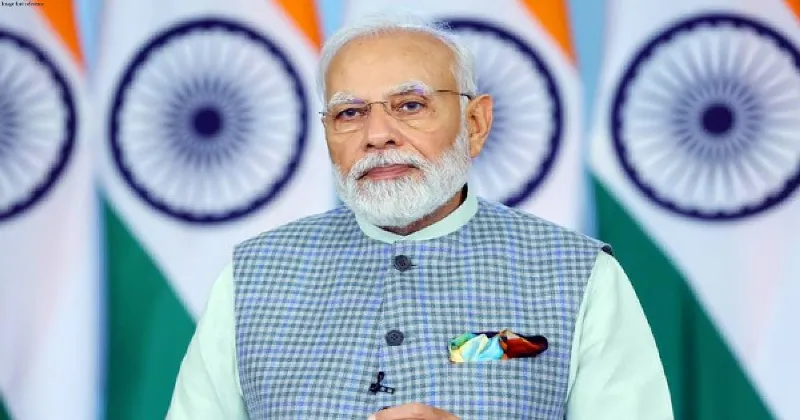Latest News
Judiciary played yeoman's role in national endeavour for gender equality: Justice BV Nagarathna
.jpg)
New Delhi: Supreme Court Justice BV Nagarathna said on Friday that the Indian judiciary has played a yeoman's role in the national endeavour for gender equality. Justice Nagarathna was delivering the 28th Justice Sunanda Bhandare Memorial lecture on the topic "Role of Judiciary in Empowerment of Indian Women" in Delhi. Justice Nagarathna said that the judiciary has subjected gender-biased laws, policies and norms to constitutional scrutiny. Thus, the courts - as guarantors of equal protection - have played a critical role in ensuring that non-discrimination and fairness emerge as the central governing principle of state policy in all spheres of public life, she said.
The judiciary has amplified special laws and policies enacted for women by accentuating the constitutional intent, Justice Nagarathna said.
Therefore, it has assumed the role of 'affirmative action enabler' by 'reading up' statutes which protect and preserve women's rights and striking down those laws which discriminate against women, she added.
Moreover, the judiciary has crafted creative remedies to redress systemic injustice and exploitation of women and taken up the role of an initiator of societal reform and transformation, Justice Nagarathna said. The freedom movement and our founders imagined a new Indian woman with 'a complete individuality and self-sufficiency,' she said adding that a bare glance at the preamble as well as the chapters on Fundamental Rights and the Directive Principles of State Policy shows that our Constitution sought to break the shackles of gender-based discrimination and disadvantage. Another facet of the judiciary's role in furthering the cause of gender equality is emphasising the constitutional mandate of laws and policies enacted for the empowerment and emancipation of women, or for prevention of violence and exploitation against them, Justice Nagarathna said. Equality would be reduced to a mere slogan in the absence of persistent and targeted state action for the empowerment of women, she said adding that it bears repetition that despite social reform and progress, the social structure remains biased against women. Such bias is pernicious that it afflicts women from womb to tomb, she said.
Speaking about the Vishakha guidelines, Justice Nagarathna said that Vishakha was successful in securing wide-ranging protections for women at workplaces against sexual harassment, a hitherto unprotected area, with the enactment of the Prevention of Sexual Harassment of Women at the Workplace Act, 2013. On women engaging in unpaid domestic work at home, Justice Nagarathna said that despite women stepping into the paid work sphere, they continue to be presumed to be managers of the household. Therefore, even if a woman works similar hours as her brother, husband and father, and contributes to the income of the household, she returns home to do another shift of work, typically invisible, all alone, and usually unassisted by the male members of the family, she said. A condescending attitude towards women in the family is the cause of the cracks and, domestic violence and infidelity are the outcome of the emerging cracks, Justice Nagarathna said.




